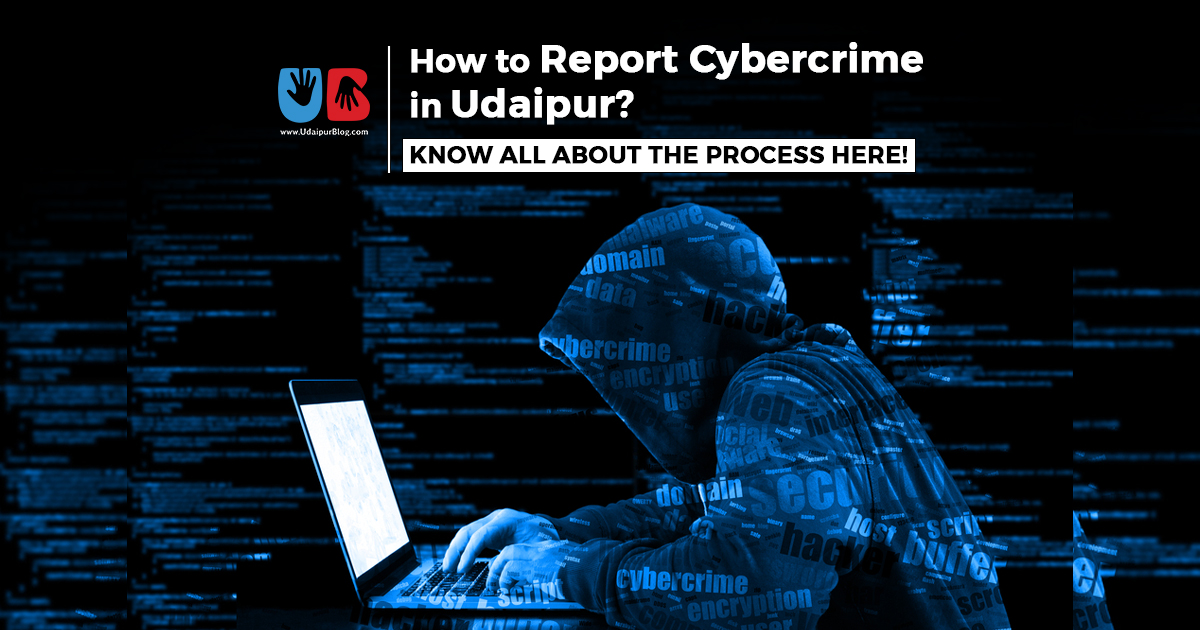Posted inNews
How to Report Cybercrime in Udaipur? Know all about the process here!
Today’s society is highly interactive on the web and social platforms, and the millennials are usually connected to the internet for pretty much the whole day. Moreover, the work-life of…
